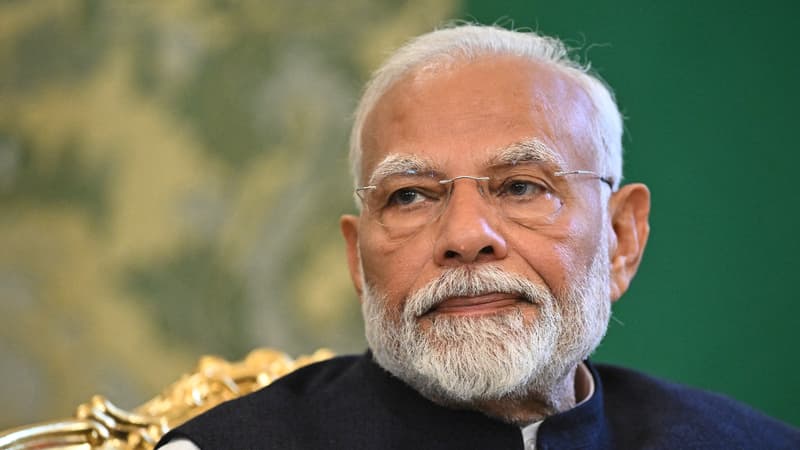In just a few weeks, New Delhi signed a series of large-scale military deals with Tel Aviv: assault rifles for $3.3 billion, air tankers for almost $900 million, rockets and missiles for a total of an additional $4 billion.
This explosion of purchases responds to two priorities of Narendra Modi: strengthening Indian military power against Pakistan and consolidating the Make in India policy, which requires foreign partners to produce directly on Indian soil. Israel complies without hesitation and creates subsidiaries and headquarters on site.
Result: the Jewish state is now one of India’s main arms suppliers.
Tel Aviv finds a valuable way out
Convergence benefits both capitals. Israel, faced with a certain diplomatic isolation since the Gaza war, finds in India a solid, discreet and politically aligned client. New Delhi now absorbs about a third of Israeli arms exports, providing Tel Aviv with strategic funding for its high-tech defense research programs.
For Israel, it is much more than a contract: it is a breath of fresh air for its industry, marginalized from several Western markets.
Cooperation that goes beyond defense
The Indo-Israeli alliance now extends to other sectors: technology, cybersecurity, agriculture. In 2024, bilateral trade will exceed $6.5 billion, four times more than ten years ago.
Last month, the two governments signed a historic bilateral agreement aimed at tripling these flows by 2030. The objective: to strengthen complementarity between an agricultural giant, India, and an Israel specialized in technology and water management.
On many issues, the two economies are very complementary. A striking example: with 1.4 billion inhabitants, India seeks to guarantee its food security. Israel is providing you with the precision irrigation and modernization solutions necessary to achieve this.
An assumed choice of the moment
While many countries, particularly in Europe, have suspended certain cooperation agreements with Israel since the Gaza conflict, India has instead chosen to strengthen ties. Narendra Modi has repeatedly rolled out the red carpet for Benjamin Netanyahu, despite allegations of war crimes against the Israeli government. This choice is disturbing in the West, but it is part of a logic of diplomatic independence assumed by New Delhi.
A supposed ideological proximity
This approach is no longer limited solely to the economic sphere. Historically close to Nehru’s Palestinian side, Modi’s India today shows clear support for Israel, even on the Palestinian issue.
The two nations share the same model: a state with a religious majority facing a significant Muslim minority. For the Hindu nationalist movement, the Israeli strategy of assertiveness is a model… On social media, the hashtag #HindusWithIsrael illustrates this ideological convergence.
Beyond contracts, a common vision of the world is emerging. A discreet, but potentially lasting, partnership between two powers that seek to redefine international balances in their own way.
Source: BFM TV


